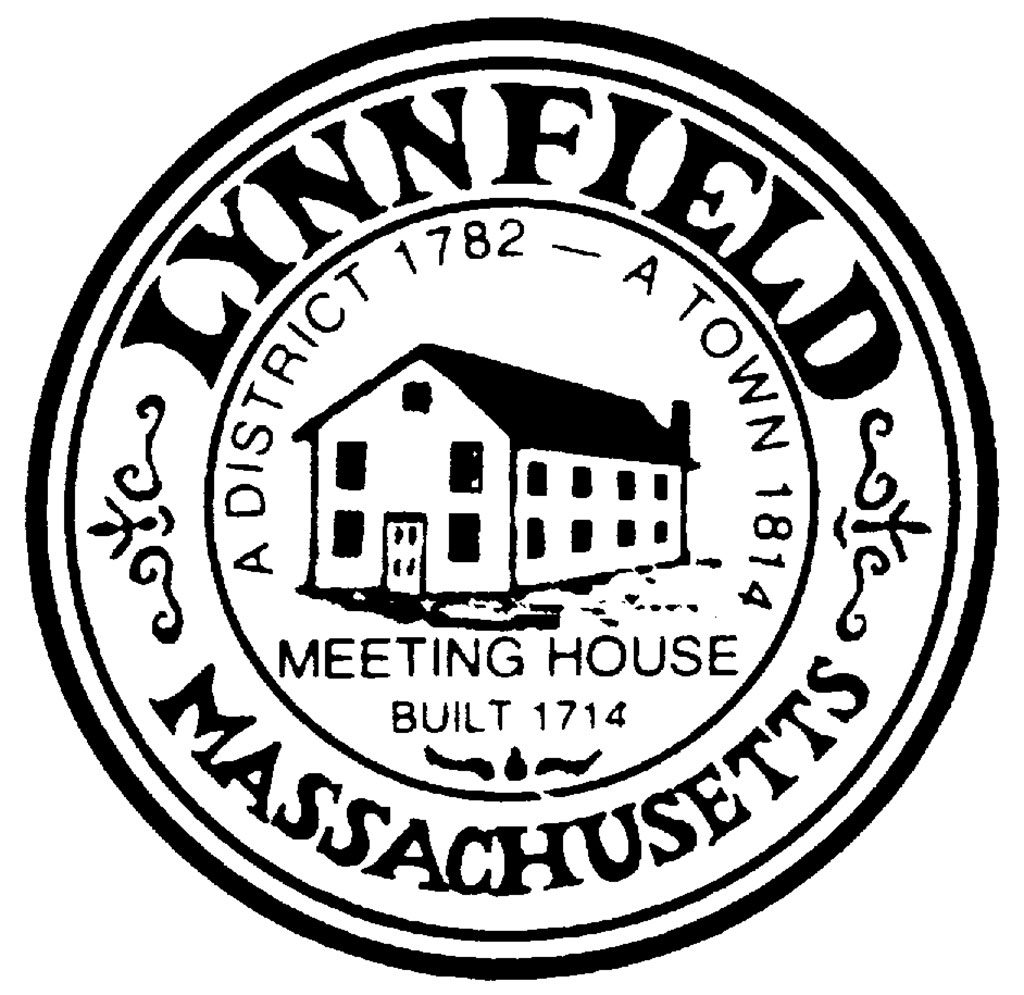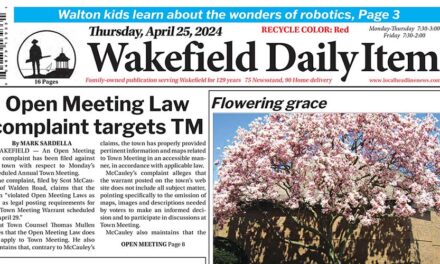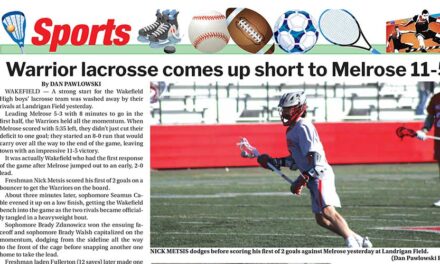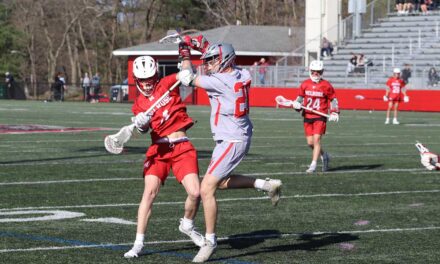Published July 7, 2021

By DAN TOMASELLO
LYNNFIELD — The Planning Board voted to accept the revised stormwater management system plans for the two elementary schools during a recent meeting.
Planning Board Chairman Brian Charville explained that the site plans for the $17 million elementary schools’ expansion project were approved during an April meeting. He said approving the site plans for both schools included a condition that required the project’s engineering team to give the Planning Board an update on the revised plans for each school’s stormwater management system.
Town Administrator Rob Dolan noted that Town Meeting recently approved Article 13, which includes $700,000 for drainage improvements around both schools. He said the drainage improvements will be undertaken after several abutters told the Planning Board and School Building Committee about flooding problems that have occurred at both sites over the past 20 years.
“I think we have a solid plan that will address the neighborhoods’ needs,” said Dolan
Huckleberry Hill School
Town Engineer Charlie Richter said he and Linden Engineering Senior Partner Bill Jones reviewed the revised stormwater management system created by Nitsch Engineering for Huckleberry Hill School’s new addition.
“We feel that it addresses the stormwater regulations, most specifically the Stormwater Management Bylaw that addresses runoff from the site and the infiltration requirement by the state,” said Richter.
Richter also noted that the DPW plans on addressing flooding problems on Melch Road. He believes the flooding issues were created when Huckleberry Hill was renovated and expanded in the early 2000s.
“During a meeting with the Planning Board, we heard several complaints about water leaping over the embankment over on Melch Road,” said Richter. “That was the biggest concern for the adjacent properties. We have agreed to address that. We are going to provide an infiltration trench along there to capture the water as it leaps over the embankment, which will prevent it from icing.”
Charville asked if the school project’s engineering team reached out to Huckleberry Hill’s neighbors about the revised plan.
Richter said yes.
“The proposed stormwater design and the work we are committed to on Melch Road will address the additional runoff generated by the proposed expansion of the school and an issue that may have been created by prior work,” said Richter.
There were no abutters who weighed in on the revised stormwater plans for Huckleberry Hill School.
After the discussion, the Planning Board voted to accept the revised stormwater improvement plans for the Huckleberry Hill School expansion project.
Summer Street School
Richter noted that Summer Street School’s drainage issues posed “more challenges” for the engineering team than the problems at Huckleberry Hill School.
“Back during Summer Street’s previous renovation and expansion, many problems popped up after the property was improved,” said Richter. “There was some flooding for several residents who live along the northern side of the Summer Street School property.”
Similar to the Huckleberry Hill project, Richter worked with Jones and Nitsch Engineering in order to “address those issues as well as meet the stormwater regulations.”
“In addition to complying with the Stormwater Management Bylaw, the proposed stormwater design for the Summer Street School mitigates stormwater issues created by earlier projects at the school,” said Richter. “During heavy rain events, the existing stormwater system can become surcharged, which causes catch basins located in the parking lot and playground area to overflow onto adjacent properties. To address these problems, Nitsch Engineering carefully graded the disturbed portion of the site away from adjacent properties, added several catch basins to capture the runoff, and provided significant underground stormwater storage and infiltration to the system. The sizable increase in underground storage allows the stormwater to be stored on site during major rain events, which allows the runoff to either infiltrate into the ground and/or slowly be released downstream to Summer Street.”
Richter said the updated drainage improvements for Summer Street School are “above and beyond” what the Stormwater Management Bylaw requires.
“It addresses the adjacent property owners’ concerns,” said Richter.
In response to a question from Charville, Richter said the revised stormwater plans for Summer Street School will be able to contain runoff at the site.
“It will be a significant improvement over what exists today,” said Richter.
Planning Board member Kate Flaws inquired if the new surface area that will be located underneath Summer Street’s new playground can be designed to capture the water that infiltrates it.
Richter said the Americans with Disabilities Act requires school playgrounds to have rubber surface areas beneath them. Planning and Conservation Director Emilie Cademartori added that Summer Street Principal Dr. Karen Dwyer said during a recent informational meeting that the playground surface area “needs to stay clean and dry.”
“The kids would be basically playing in a mud pit if it were otherwise,” said Cademartori.
Richter said the engineering team met with Summer Street’s abutters in order to go over the revised plans for the stormwater management system.
Summer Street resident Donald Garrity recalled that his property has repeatedly flooded since Summer Street was renovated and expanded in the early 2000s. He noted that the revised design for Summer Street’s site plan includes a curb and a berm around the edge of the property in order to prevent runoff from entering abutters’ properties.
“That will direct the water back so it can infiltrate the ground,” said Garrity.
In response to a question from Planning Board member Ed Champy, Richter said if water overflows past the Summer Street School property, it will be contained to a wooded area owned by the town.
“It won’t end up in people’s backyards,” said Richter.
Tree Committee Chairman Jane Bandini asked why Summer Street’s site plan includes 10 non-native trees.
“Most of them are native trees, but I am curious why the non-native trees were chosen?” asked Bandini. “It makes no sense.”
Dolan said he will ask the project’s landscape architect about that decision and will get back to her.
After the discussion, the Planning Board voted to accept the updated stormwater management system plans for Summer Street School.




